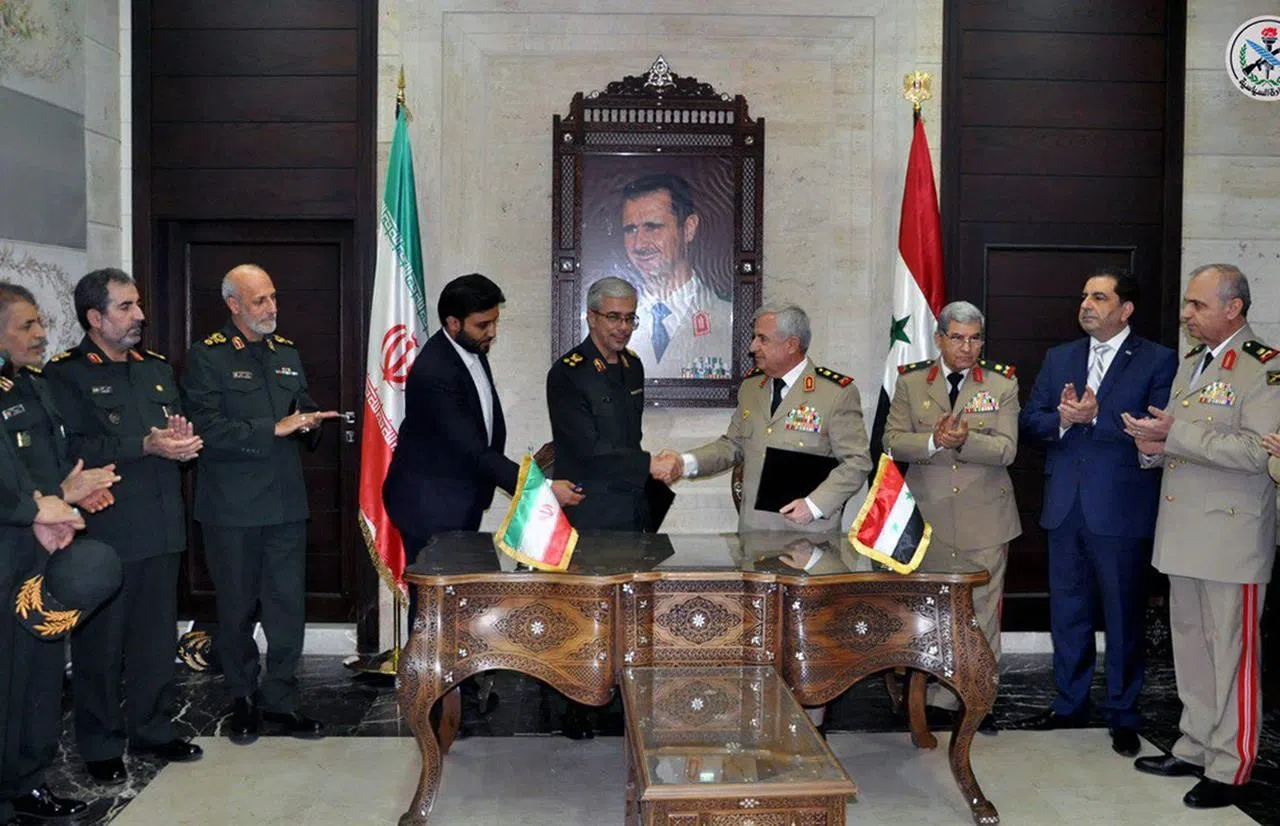
Syria troops capture central town recently taken by IS
BEIRUT — Syrian government forces and their allies regained control Saturday of a predominantly Christian central town that sleeper cells of the Islamic State group captured late last month.
The government-run Syrian Central Military Media said “the Syrian army and its allies have restored security and stability to Qaryatayn” after clearing the town of out IS fighters.
The capture of Qaryatayn came after nearly three weeks of fighting that saw IS capture areas it had earlier lost in an offensive by Syrian government forces and Iranian-backed militiamen under the cover of Russian airstrikes.
Earlier this week, IS lost control of the northern city of Raqqa, the de facto capital of its self-declared caliphate, after a four-month offensive by the U.S.-backed Kurdish-led Syrian Democratic Forces. Last week, IS lost its stronghold of Mayadeen in eastern Syria.
